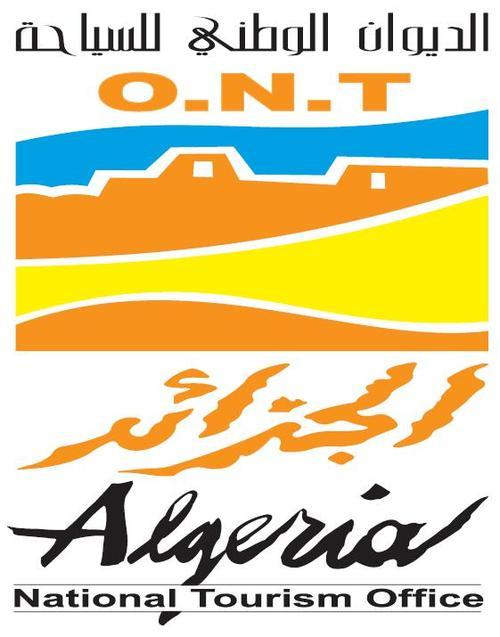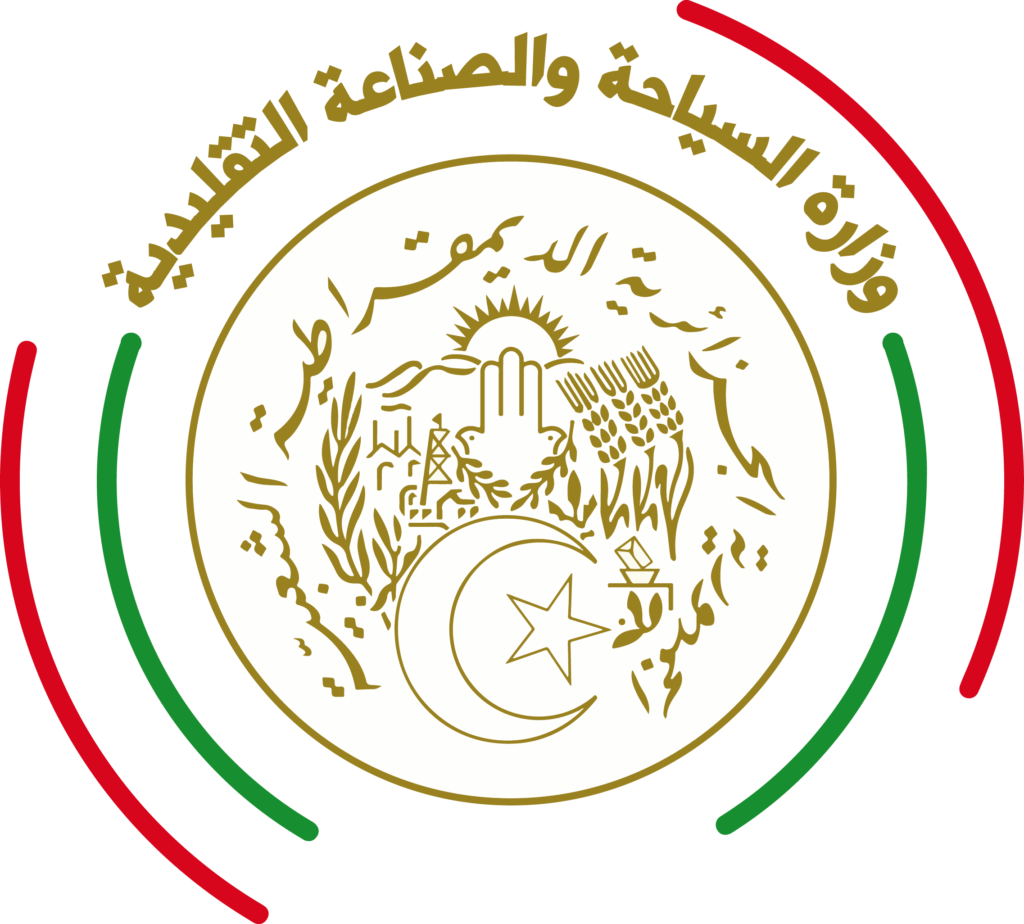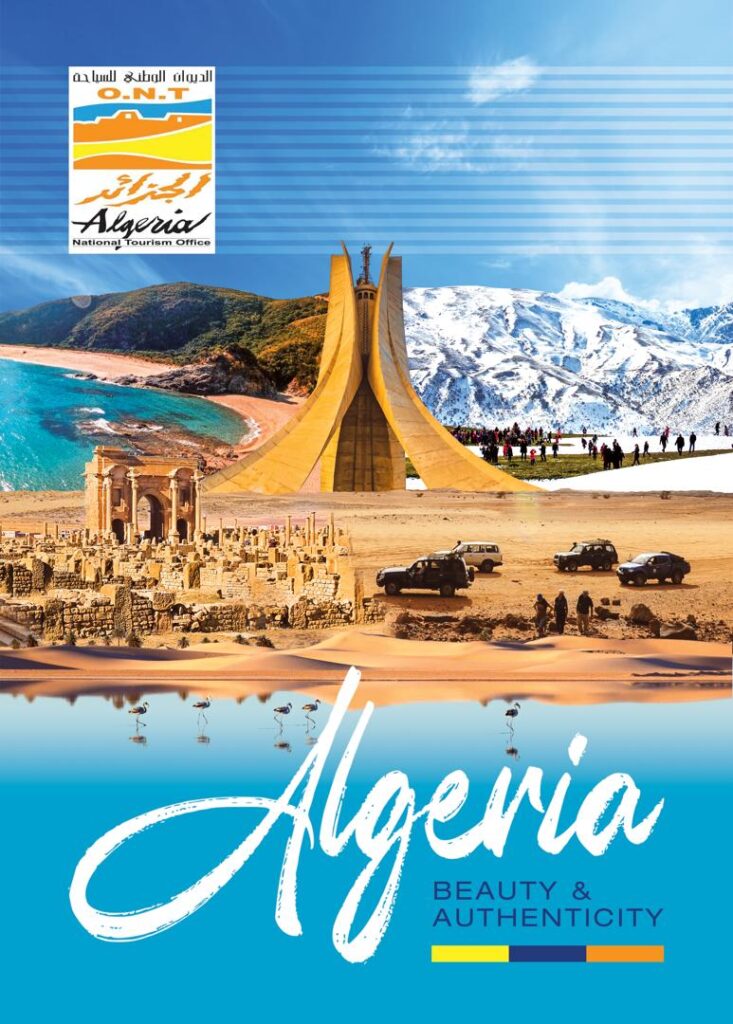An Algerian writer and writer, nicknamed the “founding father” of Maghrebi literature written in French, calls it “a spiritual link between Algeria and France, between the north and south of the Mediterranean Sea and between the shores of the Francophonie.”
Birth
Mohamed Deeb was born on July 21, 1920 in Tlemcen, in western Algeria, in a family whose father was very mobile among the professions to provide for his needs.
study and training
His father died in 1931. Despite poor living conditions, Depp continued his studies after settling in the Moroccan city of Oujda, but returned to Algeria to join Oran.
Duties and Responsibilities
Deeb began his career at the age of 12. After briefly living in the Moroccan city of Oujda, he returned to Algeria in 1939 to practice education in the village of Boujal, on the Algerian-Moroccan border.
He worked as a railway engineer in 1942. He studied English and French, worked as an accountant and translator for the Allied army during the Second World War and later became a decorator and carpet designer from 1945 to 1948 in the state of Tlemcen. .
He worked in the newspaper “Republic of Algeria” in 1948, and contributed to the daily “Liberty” to the spokesman of the Algerian Communist Party, denied by the French police because of his writings against French colonialism in Algeria.
Literary experience
Despite the difficult conditions experienced by Depp during the different periods of life, he undertook to enrich his record of knowledge should study French literature, ancient and modern, as an accidental contact with senior writers of his time contributed to ( the likes of Albert Camus and Jean Senac and Louis-jeou, and his son born of Pharaoh) in the formation of the literary excellence of his personality, He is considered one of the most famous authors of the Algerian novel by establishing a new style of creative writing.
Later, he visited several countries, starting with France and Italy leading to America, Finland and Eastern Europe, then chose after the stability in Morocco in 1960, after the independence of Algeria in 1962, he returned to his native country, but traveled to France, preferring stability until his death.
He gained vast knowledge and forms of expression in the new and modern new philosophy, and to a lesser extent on the Islamic heritage, and contributed to his political activity within the Algerian Communist Party in his composition by criticizing the vitriol of the colonial phenomenon.
He said that his novelist Tahar stole: “Mohammed Dib in his hat-trick novelist surpassed Naguib Mahfouz in the” Passage of Miracles “and” New Cairo “and the Hannah port in” glaucoma lamps “and the likes absent in” Palm and his Neighbors, “all these novels were published in The Close Times and the subject of the Second World War and its problems. ”
Watar added, “I discovered Mohammed Deeb’s superiority over others, and he is more authentic as Arab, Algerian and Muslim of his colleagues in expressing the crisis of the Arab man.”
He has participated in several workshops and seminars in international universities with a special interest in Maghreb literature and gave a series of lectures on his works.
Works
Literary was his birthday in 1952 with the release of the first of his novels “great court” for the French publication “Ossuy” Dar and short of its first edition in the month only, characteristic and then rolled out of the press, amounting of 18 novel.
(1968), “Running on the Wild Bank” (1964), “The Dance of the King” (1968), “The Fire” (1954), The Nol (1957)).
His narrative experiments continued during the period 1970-1977 with the publication of three novels, The Wild God (1970), The Master of the Sniper (1973) and Abel (1977). Exemption of Eve “(1989),” Snow from Marble “(1990).
Published in the history of the three groups are: “In the Coffee” (1957), “Tlemcen” (1966), “That Wild Night” (1995), and has a game published in the book “A cry for courtesan” (1980), also written in about eight collections The most famous of these are Shadow Guard (1961), The Beautiful Fire (1979) and The Jazz Child (1998).
(2000), “The history of the Cretan, which was considered the most important of all Arab countries, Ugly form”.
Price
He won the esteemed International Prize for Literature, accompanied by the Algerian poet Mohammed Eid Al Khalifa in 1963, and gives value to the role of the war of the elderly, without resources and Matoba.
He was the first Maghreb writer to receive the Francophone Prize in 1994 to celebrate his narrative and poetic work, and received it from the Académie Française. He also won the Malarmé Award in 1998.
The death
Mohammed Dib died on May 2, 2003 in the French capital.




